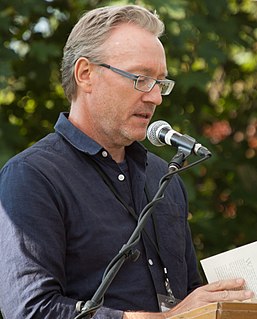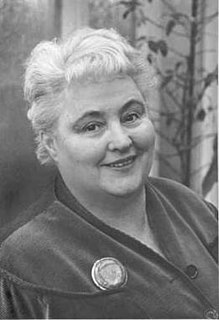A Quote by Michael Shermer
Mysteries once thought to be supernatural or paranormal happenings - such as astronomical or meteorological events - are incorporated into science once their causes are understood.
Quote Topics
Related Quotes
So there’s a kind of resurgence of the sense of freedom and spontaneity in nature. From nature being bound into a rigid, deterministic model, freedom, spontaneity and openness are emerging once again. It’s now recognized the future is open, not determined by the past. And this is true in many realms, the astronomical realm, the human realm, the meteorological realm in many ways.
It is one thing to say that science is only equipped to test for natural causes and cannot speak to any others. It is quite another to insist that science proves that no other causes could possibly exist. . . . There would be no experimental model for testing the statement: 'No supernatural cause for any natural phenomenon is possible.' It is therefore a philosophical presupposition and not a scientific finding.
Once I spoke the language of the flowers, Once I understood each word the caterpillar said, Once I smiled in secret at the gossip of the starlings, And shared a conversation with the housefly in my bed. Once I heard and answered all the questions of the crickets, And joined the crying of each falling dying flake of snow, Once I spoke the language of the flowers. . . . How did it go? How did it go?
Since the so-called Age of Enlightenment, our shaky anthropocentric, rationalist egos have been brainwashed to forget what 'primitive' cultures once understood: Animals can be manifestations of celestial beings in disguise; they possess supernatural abilities, and they can be our spiritual guides and healers.
In short, there are mysteries of science and of soul that will never be understood no matter how hard we measure, no matter how strongly we believe, no matter how deep our think tanks and how high our aspirations. But as anyone will tell you—for we all know this within our hearts—the impossible happens and grand cosmic mysteries are solved on a regular basis, although most of the time the solutions lead to even greater mysteries.





































